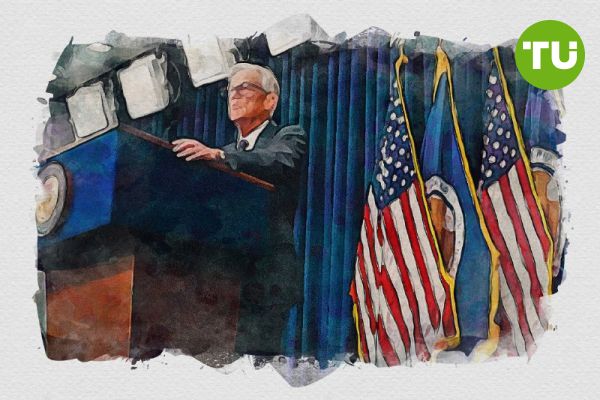Lawmakers push Fed chair Powell to act on crypto banking concerns
 Lawmakers push Fed chair Powell on crypto
Lawmakers push Fed chair Powell on crypto
Federal Reserve Chair Jerome Powell has agreed to reassess concerns over crypto companies being denied access to the U.S. banking system, following growing pressure from lawmakers on Capitol Hill.
During a Senate Banking Committee hearing on Feb. 11, Powell responded to inquiries about the alleged systematic exclusion of crypto firms from traditional banking channels. When pressed by Committee Chair Tim Scott (R-SC) on whether he would commit to ending unconstitutional debanking practices, Powell replied, “Yes,” adding, “I think it’s fair to take a fresh look at debanking”, reported Crypto News.
Operation Choke Point 2.0 Under Scrutiny
Crypto industry leaders and lawmakers have increasingly pointed to what they call Operation Choke Point 2.0, a term used to describe an alleged coordinated effort by regulators to sever crypto firms from banking services.
Investigations led by Coinbase and venture capitalist Nic Carter have unearthed internal communications suggesting that banking regulators considered crypto exposure when deciding the fate of institutions like Silvergate and Signature Bank.
Senator Cynthia Lummis (R-WY) has warned the Federal Deposit Insurance Corporation (FDIC) against destroying related documents, while a bipartisan inquiry into the issue is now underway in both the Senate and the House of Representatives. Even crypto-skeptic Senator Elizabeth Warren (D-MA) has supported further scrutiny of the concerns raised by digital asset companies.
As congressional investigations intensify, Powell’s commitment signals a potential shift in regulatory attitudes. Whether this will lead to concrete policy changes remains to be seen, but crypto firms and financial institutions alike are watching closely for next steps from the Federal Reserve and other banking regulators.
Recently, Robert Kiyosaki warned of a "giant market crash" and advises investing in gold, silver, and Bitcoin. He criticizes the Fed, Treasury, banks, and Wall Street for worsening instability by excessive money printing.













































































































































